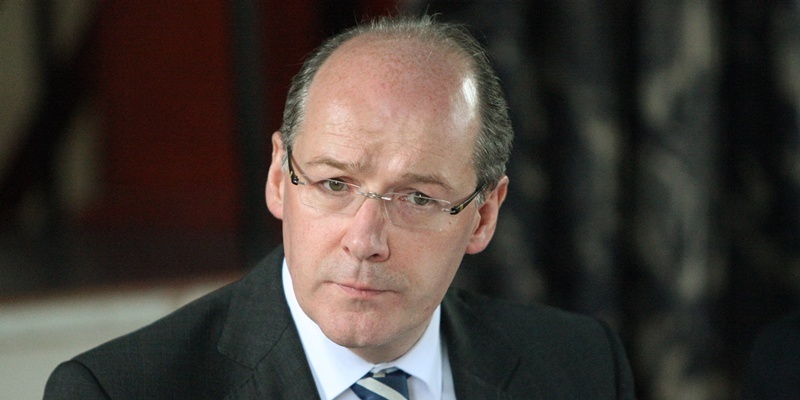The Scottish Government has been accused of taking ”the last refuge of a scoundrel” with its policy on EU membership.
The accusation was made by Labour peer Lord Lipsey during an evidence session by Scotland’s Finance Minister, John Swinney, at the House of Lords Economic Affairs Committee.
Mr Swinney rejected written evidence by European Commission President Jose Manuel Barroso that said an independent Scotland would have to renegotiate entry to the European Union as an outside state.
He claimed there was no basis in treaty to support Mr Barroso’s evidence and that, in the event of independence, Scotland could negotiate as a member state because it would have a period of grace between autumn 2014 and spring 2016 when it remained in the UK as per the Edinburgh Agreement.
Mr Barroso’s letter stated: ”The EU is founded on the treaties which apply only to the member states who have agreed and ratified them. If part of the territory of a member state would cease to be part of that state because it were to become a new independent state, the treaties would no longer apply to that territory.
”In other words, a new independent state would, by the fact of its independence, become a third country with respect to the EU and the treaties would no longer apply on its territory.”
Appearing before the Lords, Mr Swinney said: ”There are a variety of expressions of legal opinion. There was one just the other day there which was expressed by the professor of law for the University of Glasgow who made the point in a broadcast interview.
”Prof Tom Mullin says there is no specific provision in the treaty that expressly deals with the situation of a member state breaking up and both parts wanting to stay in and that confirms the view I am taking.”
However, Lord Lipsey accused the Scottish Government’s position as being the ”last refuge of a scoundrel” and asked Mr Swinney if his position could be ”sustained for a single second”.
Mr Swinney replied: ”Yes, because I think the point which the committee should be very interested in is the fact there is no foundation in treaty for the comment Mr Barroso has made in that letter.”
Deputy First Minister Nicola Sturgeon has written to the EC calling for ”early talks” on the possibility of Scotland becoming independent. A Scottish Government statement about EU membership will be made to MSPs tomorrow afternoon.
Mr Swinney told the committee of peers Scotland would be better off economically if it were to separate from the rest of the UK.
He said: ”Scotland is in a stronger financial position than the UK we contribute 9.6% of revenues with only 8.4% of the population. Whether Scotland can be independent is no longer disputed.”
